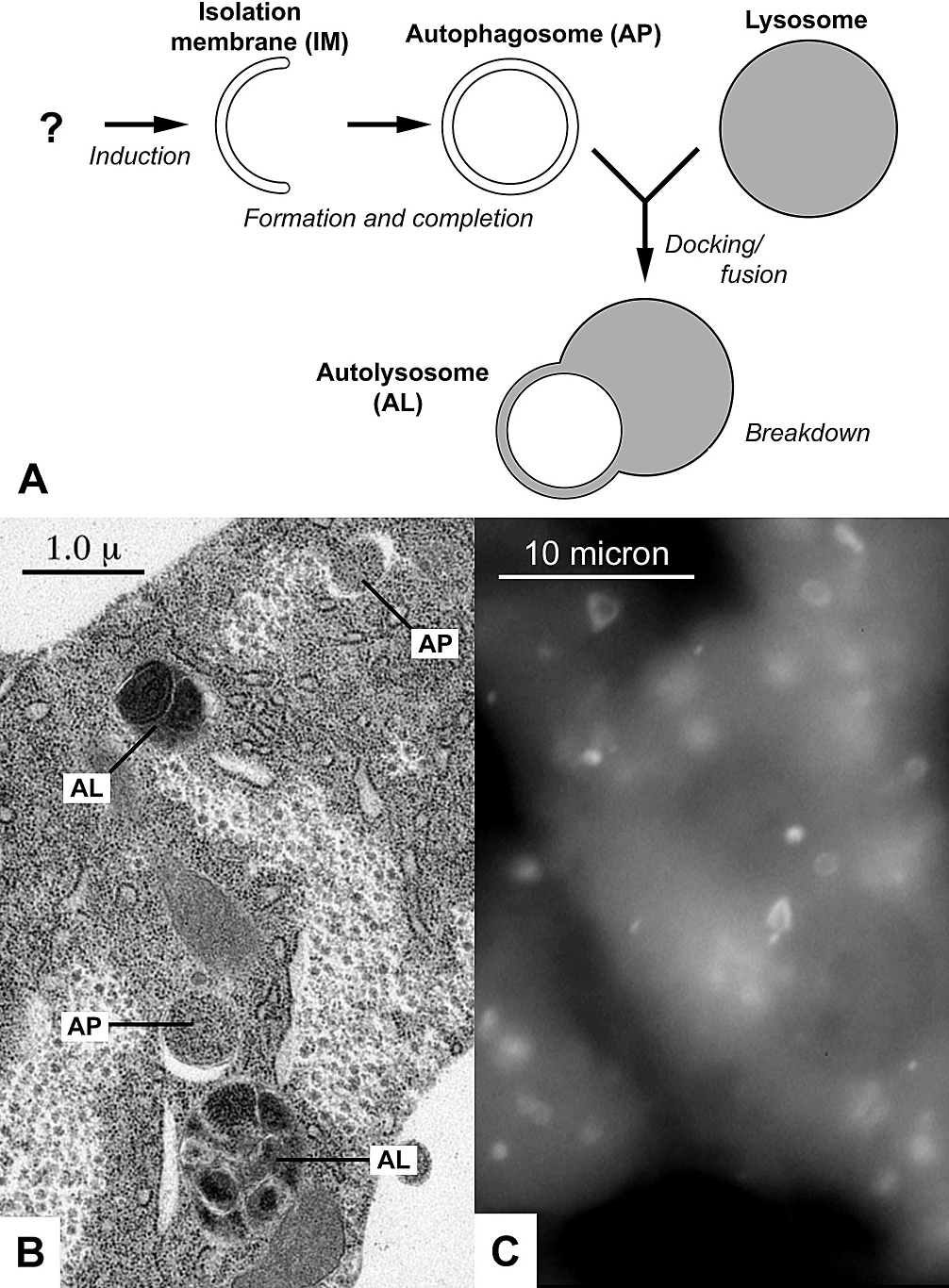The complete guide to living mindfully
- Introduction to Peter Attia's Approach to Holistic Health
- Nutrition and Longevity
- The Importance of Exercise
- The Role of Sleep in Health
- Stress Management Techniques
- Fasting for Health
- Gut Health and its Impact on Longevity
- Brain Health and Mental Acuity
- The Science of Autophagy
- The Role of Supplements in Health
- Genetics and Longevity
- Wrap-up and Final Thoughts
The Science of Autophagy
The Role of Autophagy in Health and Longevity

Cellular catabolic process in which cells digest parts of their own cytoplasm.
Autophagy, derived from the Greek words for "self-eating," is a cellular process that plays a crucial role in maintaining overall health and promoting longevity. This article will explore the role of autophagy in health and longevity, its connection to disease prevention and management, its impact on immune function, and its relationship with inflammation.
Autophagy and Aging
Research has shown a strong connection between autophagy and aging. As we age, the efficiency of the autophagy process tends to decline, leading to the accumulation of damaged cells and proteins, which can contribute to aging and age-related diseases. By promoting autophagy, we can potentially slow down the aging process and extend our healthspan.
Autophagy in Disease Prevention and Management
Autophagy plays a significant role in disease prevention and management. It helps to remove damaged cells and proteins, preventing them from causing harm. This is particularly important in preventing neurodegenerative diseases like Alzheimer's and Parkinson's, where the accumulation of damaged proteins is a key factor. Autophagy also plays a role in preventing cancer by removing damaged cells that could potentially become cancerous.
In terms of disease management, research has shown that enhancing autophagy can help manage conditions like heart disease, liver disease, and certain types of cancer. However, it's important to note that while promoting autophagy can be beneficial in some cases, in others, such as certain types of cancer, it may actually promote disease progression. Therefore, understanding the role of autophagy in specific diseases is crucial.
Autophagy and Immune Function
Autophagy also plays a critical role in immune function. It helps to remove pathogens and plays a role in the presentation of antigens, which are substances that trigger an immune response. By doing so, autophagy helps to strengthen the immune response and protect against infections.
Autophagy and Inflammation
Inflammation is a natural response to injury or infection, but chronic inflammation can lead to various health problems, including heart disease, diabetes, and cancer. Autophagy helps to regulate inflammation by removing damaged cells and proteins that can trigger an inflammatory response. By doing so, it helps to prevent chronic inflammation and its associated health problems.
In conclusion, autophagy plays a crucial role in health and longevity. By understanding this process and how to promote it, we can potentially improve our health and extend our lifespan. However, more research is needed to fully understand the role of autophagy in specific diseases and how best to harness its benefits.